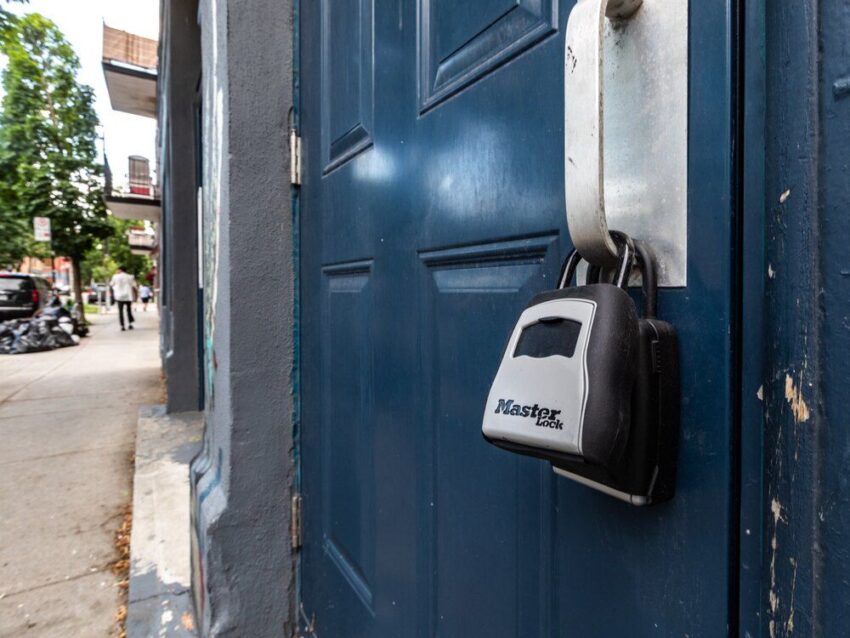Housing affordability and availability is a complex public policy issue. It is unlikely there is one expert who knows it all since it involves — at a minimum — a great understanding of many disciplines and how they all intersect with each other, including immigration policy, infrastructure knowledge, economics, public policy, how entrepreneurs tick, labour certification and supply issues, provincial landlord and tenant legislation, taxation policy, etc., etc. If a single expert on housing exists, I’ve yet to meet them.
In a growing country such as Canada, housing availability has long been a problem. Accordingly, careful balancing and consideration of all the above issues is tricky for governments and requires informed and properly timed deployment of policy tools. Or, in some cases, just staying out of the way.
For example, last year the federal government announced that 405,000 immigrants came to Canada in 2021 — the most ever. It also announced plans to continue with such record increases by increasing yearly immigration numbers to 500,000 by 2025. With recently increased immigration numbers, one can logically ask where all the newcomers will be living? Is our infrastructure ready for such increased numbers? My two cents is that this country’s infrastructure — including housing — is not ready for such massive increases despite the overall importance of immigration.
Last week’s Fall Economic Statement targeted short-term rental owners.
Yes, I know, short-term rental owners cause problems in their communities because of the big parties their renters hold and they suck up the supply of otherwise available properties that could be rented long term. So, in order to encourage — er, punish — owners who rent out their properties in a municipality that prohibits short-term rentals, the government is proposing to deny them tax deductions related to their properties.
The short-term rental proposal is, once again, poorly thought out and will set a dangerous precedent of taxing business owners on their gross income rather than their net profits. Does anyone really think this will encourage property owners to rent their properties long term, especially when most provinces have landlord/tenant legislation that is very sympathetic to tenants who are behind in their rent? It’s not easy and is very time consuming for a landlord to evict such tenants.
Many short-term rental owners rent their properties in such a fashion to provide tourists alternatives to costly hotels, provide much-needed income and/or to avoid the ramifications of heavily slanted provincial tenancy laws. In other words, they are not all evil or bogeymen, and instead are responding to market forces, trying to make a living in the best way they know how and to protect their properties.
From a tax perspective, this short-term rental proposal could push people into simply not reporting their income if they appreciate that the marginal tax rate on such income can be exorbitant and truly punishing. That’s not good. Our tax system and policies need to encourage people to report their income, not encourage them to engage in tax evasion.
Instead of attacking bogeymen — an approach that is overly simplistic and very political since such ideas are obviously put forward to try to attract votes from a sympathetic audience — a better approach to dealing with ever-challenging housing availability and affordability matters is to engage in ongoing policy discussions with representatives from all the disciplines outlined in the opening paragraph. Proper policy responses could then be developed, and policy tools deployed if needed for the benefit of all Canadians.

